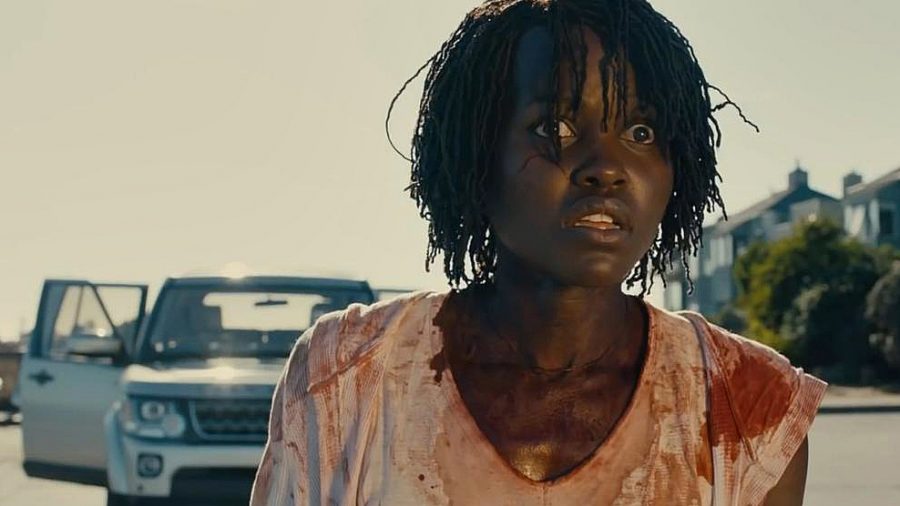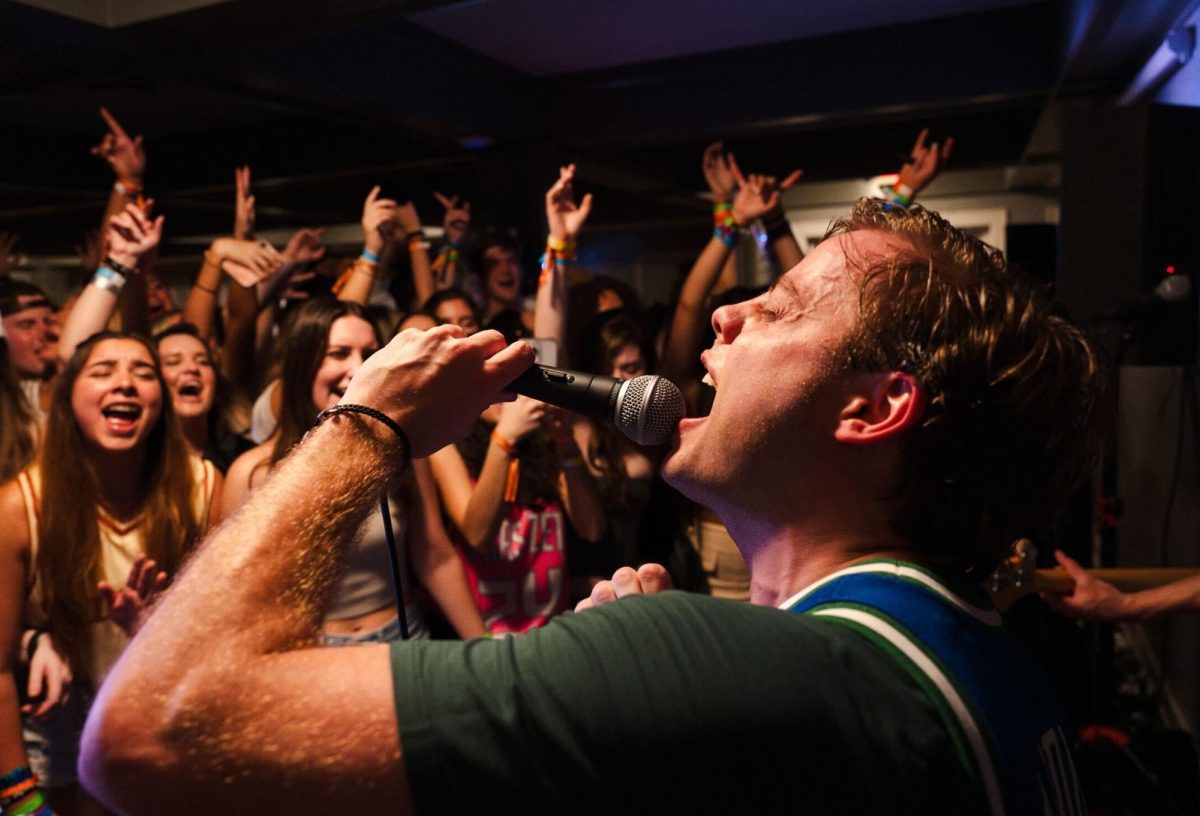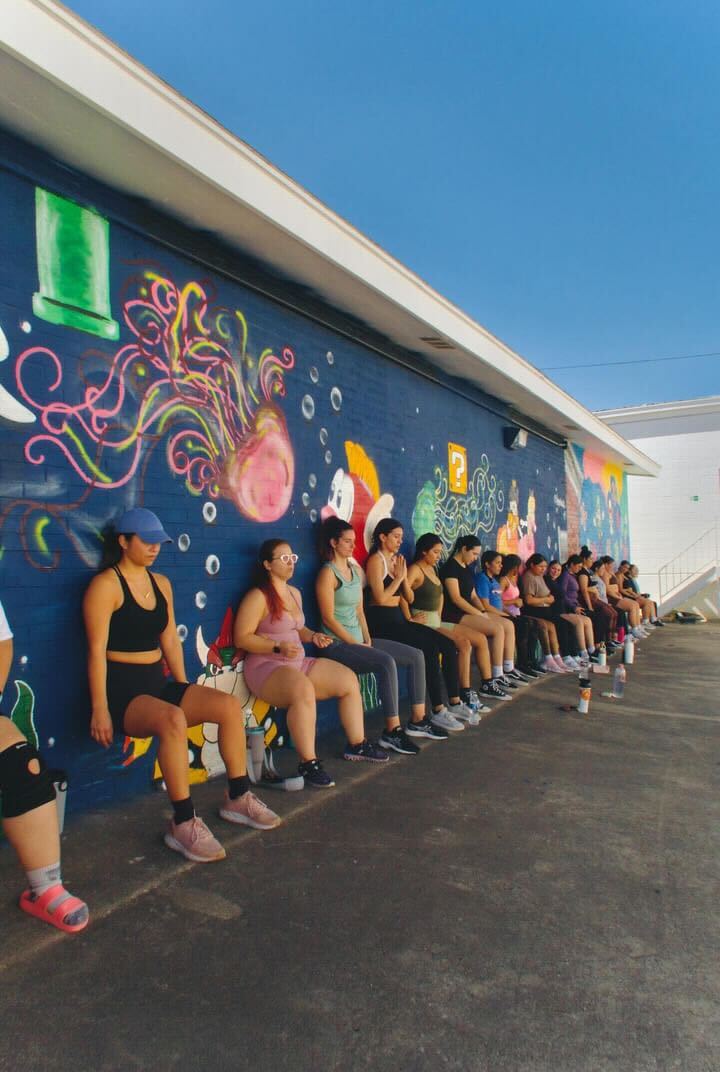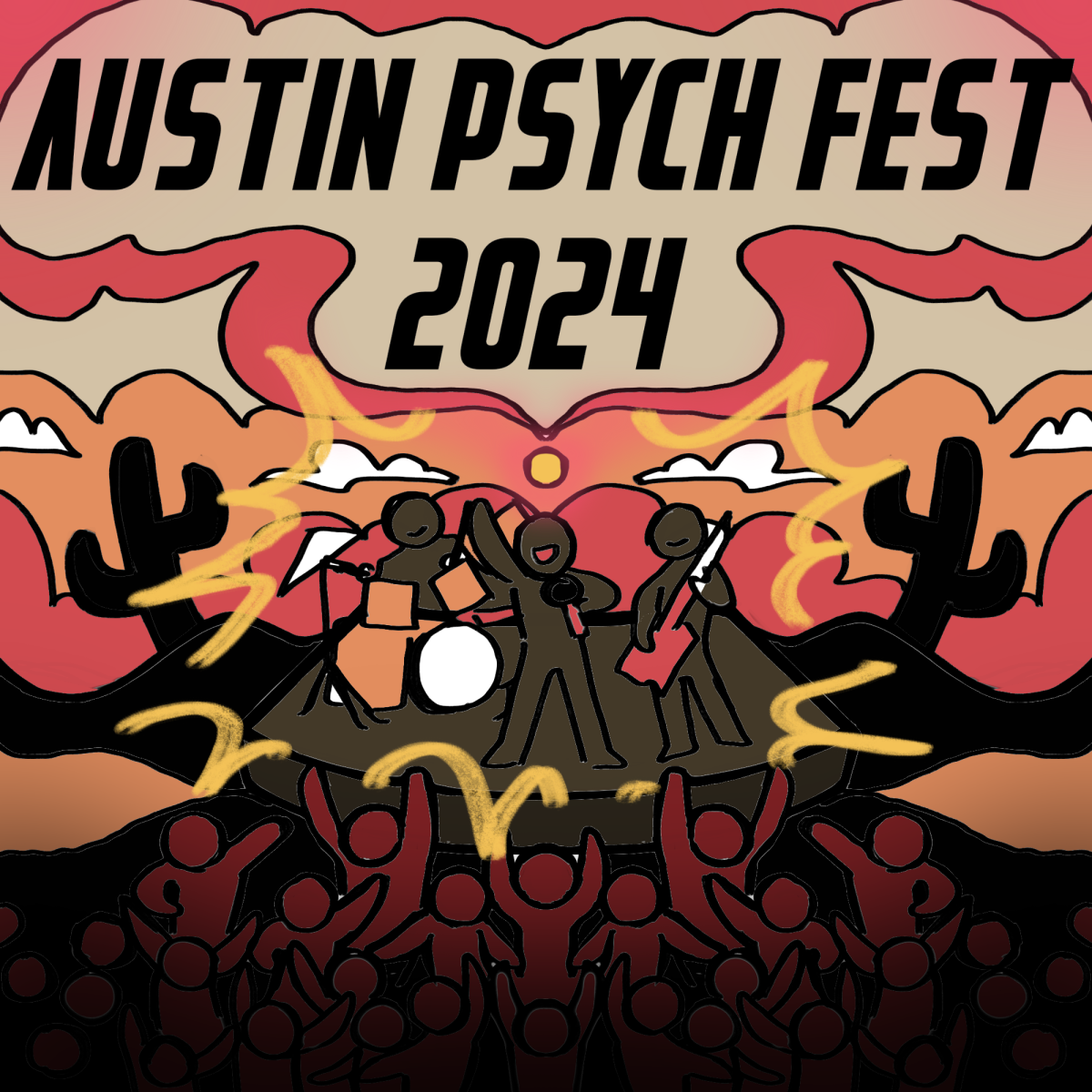For decades, the horror genre has faced backlash for racial insensitivity and stereotyping black characters in its films. Only recently has there been an increase in black-led horror content featuring strong and socially aware black characters.
The documentary “Horror Noire: A History of Black Horror” was released in February 2019 on the streaming service Shudder and screened in Austin at Alamo Drafthouse Mueller. The documentary focuses on black voices in horror and how the genre has evolved over time. With emerging black voices in the genre, film critics and experts have varying opinions on how far horror movies have come.
In the past, black characters in horror films have been reduced to stereotypes and slasher bait. Radio-television-film freshman Malik Julien said the portrayal of black characters in horror films is a reflection of how society viewed them at the time.
“You always get the token black friend, the sassy friend, the rebellious black friend or the best friend,” Julien said. “People say, ‘Oh they are gonna die first.’ I think that reflects how America viewed the black life. They died first, and once they died we didn’t really care.”
Due to the abundance of stereotypes and plot devices applied to characters in earlier black horror films, it is still uncommon for black audiences to see themselves prominently represented within the genre. Kirsten Terry, radio-television-film senior and president of the Black Film Student Association, said black actors are finally being cast as lead roles in
horror films.
“Up until maybe a couple of years ago, it was not common to see black people in lead roles in horror films,” Terry said. “That’s why movies like ‘Get Out,’ the upcoming ‘Us,’ and also Octavia Spencer in ‘Ma’ are groundbreaking. You never see black people in roles like that in movies that just allow us to embrace the horror and creepiness of the movie.”
One of the most notable classic horror films featuring a black actor in a prominent role is 1992’s “Candyman” starring Tony Todd as the titular character. Julien said this film, much like “Get Out,” is also very socially aware.
“It speaks on social issues like the impacts of slavery, interracial romance, fear of public housing and gentrification,” Julien said. “(The protagonist) experiences people dying around her, and she is being accused of all of these murders. This reflects the experience of black people in America — being falsely accused.”
Even earlier than “Candyman,” there were some glimpses of prominent black representation in the genre. According to Chriss Williams, a former assistant to filmmaker Spike Lee, during the blaxploitation era, a time where the film industry released an influx of black action films, audiences received a horror gem.
“Back in the black exploitation time in the early ‘70s, ‘Blacula’ was a huge hit,” Williams said. “It was black Dracula. I remember everybody in the black community ran out to see ‘Blacula’ because we got to see ourselves on screen.”
As of late, Jordan Peele initiated the resurgence of black horror beginning with his critically acclaimed feature “Get Out.” According to Williams, “Get Out” is successful in its portrayal of societal fears through the horror medium.
“That whole vibe in the very beginning when (the protagonists) are driving together and the apprehension when the cop pulls them over — Jordan Peele knew exactly what everybody’s fear was in terms of that: the historical connotations of a black man, a white woman and a police officer,” Williams said. “It played that beautifully.”
With a plethora of new horror movies curated by black artists on the horizon, black audiences will continue to see growing representation of themselves in the genre.
“I think seeing Jordan Peele make ('Get Out') kind of allows some young black filmmaker somewhere to think that they to can go forward and tell their story,” Williams said.





















